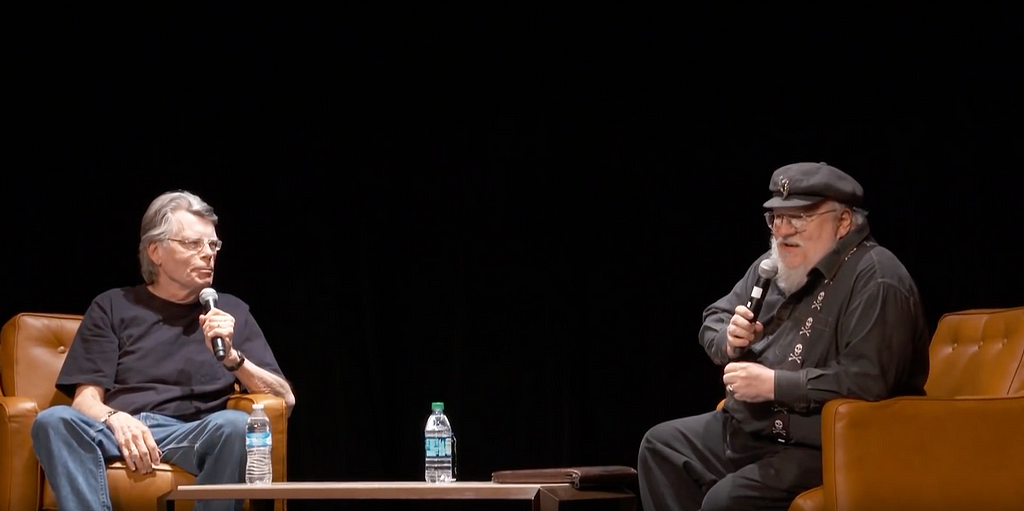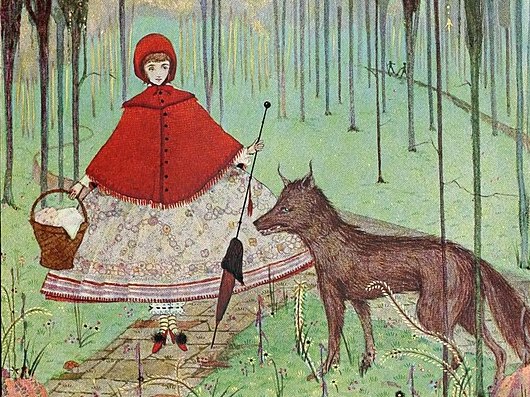news
George R.R. Martin and Stephen King Discuss Guns in America, Good and Evil


Last week in Albuquerque, two literary titans weighed in on the gun debate. Stephen King and George R.R. Martin were in conversation as part of King’s tour in support of his newest release, End of Watch, the final installation of his Bill Hodges trilogy. Invoking the recent tragedy in Orlando, King zeroed in on the issue of widespread and easy access to serious weaponry. “I would argue,” King said, “that someone like the man who shot all these people in Orlando, he may have pledged allegiance to ISIS but before that he was a spouse abuser and somebody with a lot of anger.” He went on, “As long as anybody who’s got only two wheels on the road can walk into a store and buy a… killing machine like an AR-15 or something, this is just going to go on. It’s really up to us.”
The conversation later turned to something that lies at the heart of both authors’ works: good and evil. “When I look at your books,” Martin said, “the real villains are the people.” He explained that in King’s work evil is not “externalized” as it is in Lovecraft or Tolkien in the shape of a Sauron, for instance. Rather, it is hidden inside of people. Martin subsequently asked King, “is [evil just] our own fucked up human natures?”
“In a way, outside evil is a comforting concept…it’s a way of shucking responsibility,” King said. “We all understand that evil is inside a lot of people, and yet at the same time…what a lot of horror fiction does and what a lot of fantastic fiction does, is it allows us to grapple with the outside evil that strikes us.”
King is no stranger to the issue of gun access in America. In 2013, following the Sandy Hook shooting, he published the essay “Guns.” Last year he took to Twitter after the shootings in Charleston, South Carolina. “Until responsible gun owners support responsible gun control laws,” he wrote, “innocent blood will continue to flow. How many times must we see this?”









